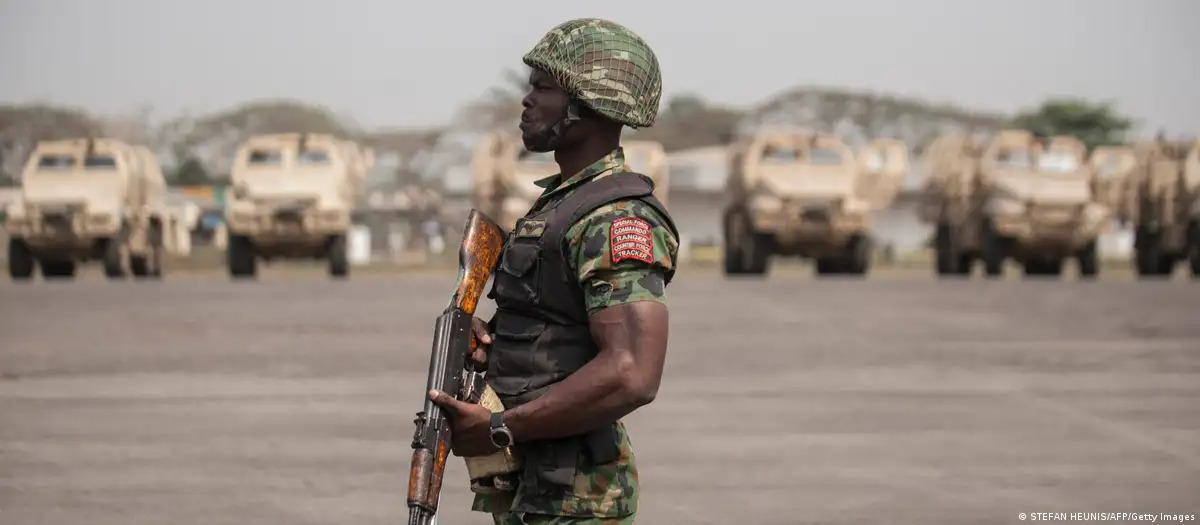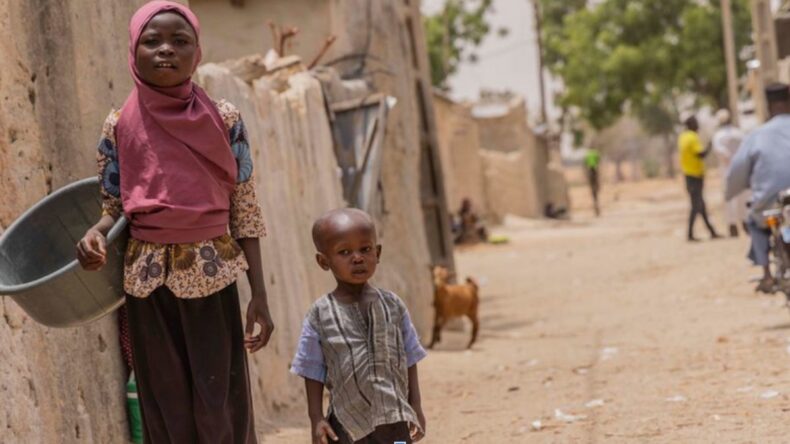In a high-stakes move, West African military leaders are convening to finalise plans for a potential intervention in Niger. The two-day meeting, culminating in a closing ceremony around 1600 GMT, has been dedicated to strategic discussions encompassing logistics and operational aspects of a potential deployment. The meeting in Ghana signifies the seriousness with which the West African bloc, ECOWAS, regards the situation in Niger.

Table of Contents
ECOWAS Stands Ready for Action
With the situation in Niger deteriorating following the deposition of President Mohamed Bazoum by military officers on July 26, ECOWAS has been resolute in its commitment to maintaining constitutional order. Despite calls from the United Nations, Western powers, and ECOWAS for Bazoum’s reinstatement, the military junta has remained defiant. In response, West African heads of state have greenlit the assembly of a standby force, underlining their willingness to intervene if diplomatic efforts falter.
A Bold Proclamation of Resolve
Abdel-Fatau Musah, ECOWAS Commissioner for Political Affairs, Peace, and Security, made an unequivocal statement to the assembled defence chiefs from member countries. “Let no one be in doubt that if everything else fails, the valiant forces of West Africa…are ready to answer to the call of duty,” he declared. Musah reinforced the unwavering commitment to restoring constitutional order in Niger, citing past ECOWAS deployments in conflict-ridden regions like Gambia and Liberia as evidence of the bloc’s readiness.
Strategic Significance of Niger
Beyond its borders, Niger holds a pivotal role due to its strategic importance. The nation serves as a crucial hub for foreign troops combating Islamist insurgents in the Sahel region. Niger’s abundant uranium and oil reserves also contribute to its geopolitical significance, making regional stability a pressing concern.
Tensions and Concerns
The spectre of potential outside intervention has invoked mixed reactions within Niger. In Niamey, the capital, large crowds have voiced their dissent against ECOWAS, expressing support for the coup leaders. Some residents reject the idea of external forces reinstating an elected president and civilian government. Radio technician Omar Yaye’s sentiment encapsulates this perspective: “I’m not afraid because I know our armed forces are well prepared to deal with any eventuality.”
The Diplomatic Dance
While tensions rise, accusations of foreign manipulation have also surfaced. Some have echoed claims that external powers, particularly France, are swaying ECOWAS. The allegations are in response to the alleged harshness of ECOWAS’s stance and actions since the coup. Musah vehemently refuted these claims, highlighting ECOWAS’s adherence to its protocols and norms.
ECOWAS’s Determination to Restore Order
Musha’s firm stance resonates with ECOWAS’s commitment to resolving the crisis. The heads of state within the bloc emphasise a self-sufficient approach, underlining their readiness to deploy contingents, equipment, and resources to reinstate constitutional order if necessary. While international partners are welcome to lend their support, ECOWAS is steadfast in its determination to oversee the restoration process.
A Game of “Cat and Mouse”
The junta’s behaviour is seen as a calculated dance of defiance with ECOWAS. The Niger coup leaders have been playing a high-stakes game of “cat and mouse” with the regional body by refusing to engage with envoys and seeking justifications for their seizure of power.
The Road Ahead
As the West African bloc contemplates intervention, its unity faces a test. While most member states are prepared to contribute to the standby force, exceptions exist among countries under military rule, such as Mali, Burkina Faso, Guinea, and Cape Verde.
Criticism and Concerns
Critics have expressed alarm over the junta’s intention to put detained President Bazoum on trial for treason. The international community, including the United Nations, European Union, and ECOWAS, has raised concerns about the conditions of his detention. Questions regarding the timing and validity of the charges add to the uncertainty surrounding the situation.
As West African military leaders strategise for a possible intervention in Niger, the region stands at a crossroads. Despite challenges and accusations, ECOWAS’s resolve to restore constitutional order still needs to be addressed. The coming days will determine whether diplomatic efforts yield results or if the valiant forces of West Africa will indeed be called to action. The situation in Niger continues to evolve, with the nation’s future hanging in the balance.












